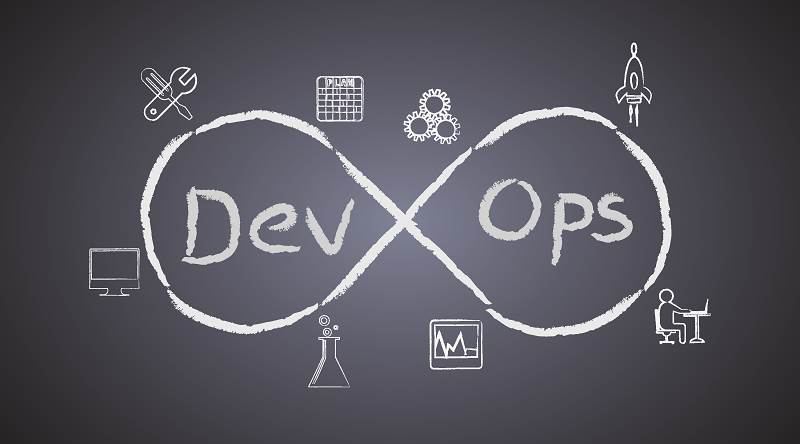
If you hear someone mention DevOps maturity, you may wonder what that phrase actually means.
In most IT organizations, DevOps maturity means the ability for an organization to continuously develop, integrate, test, deploy, and evaluate the results for feedback and reintegration. So, what does that really mean?
Let’s find out by taking a brief look at the Four Stages of DevOps Maturity, which are:
Stage 1 – DevOps Denial and Misinterpretation
Stage 2 – Automation for the Sake of Automation
Stage 3 – Collaboration and Reorganization
Stage 4 – A High Performance Organization
Stage 1, DevOps Denial and Misinterpretation, means that there are possibly some people within the organization who have heard of DevOps. There might even be some individuals within management that might have heard of DevOps from an article or a seminar or something. But the truth is that your organization really doesn’t have any experience with DevOps other than what individuals have possible read or heard in passing.
Stage 2 is Automation for the Sake of Automation. Organizations are always looking for a way of producing more with less cost. That leads management to periodically jump on the “let’s just automate it” bandwagon. But the truth of the matter is that not all situations need to be automated. Every organization has quite a few processes that should be eliminated instead of automated. Automate something just for automation sake is not always the solution. It’s also not what DevOps is about; instead, DevOps automates and continuously improves the quality of processes. Sometimes management, or the person that has to do the task over and over again, needs to ask the simple question, “Why do we do this the way we do?”
Stage 3 is Collaboration and Reorganization. I have come to the conclusion that there is a time when the best option is to just reorganize your organization. Here’s just one example: A lot of organizations have Operations and Network Services as two completely different groups just because that’s the way they have operated in the past. This becomes a huge problem when Operations would like to redeploy all of production because of a security patch or because Development needs a new API deployed. Operations has to request a new block of IP addresses from Network Services for the new deployment. This takes time and doesn’t lend itself to a very seamless continuous deployment modal. If Operations wants to run a few automation scripts to deploy the new production environment, run a few tests and roll network traffic over to the new environment, it can’t. This type of organizational structure is never going to have a mature continuous deployment process until it either reorganizes itself or it institutes a new way of collaborating that eliminates this issue.
Stage 4 is The High-Performance Organization stage. This is what I like to call the Google, Facebook, Amazon, Intuit stage. These organizations have the ability to do deployments on demand, they have developed a constant feedback loop for Improvement, and they have become masters at collaboration. Now I know what you’re thinking – what does this have to do with my organization and why should I even care?
Any business today can start where it is and take a look at its processes and the way it manages new development and ask some simple questions, such as: Why do we do things this way; can we improve the way we are doing this today; and what is preventing us from doing this more efficiently?
That is really what DevOps maturity is all about. It’s the process of an organization improving its understanding about what it does instead of just doing the same things over and over again. How can you determine your DevOps maturity level? The best way is to have an outside company conduct an DevOps Assessment.
We here at LRS It Solutions can help with this. Fill out the form below and let us help you become a world-class DevOps organization like Google, Facebook, Amazon, and Intuit.
Reference: Mike Kavis, The Four Stages of DevOps Maturity
About the author
Charles Wilson is our Cloud Solutions Advisor. He has extensive experience in designing and implementing cloud solutions for companies in such industries as financial services, real estate, manufacturing, and retail. He holds certifications as an IBM Certified Enterprise Architect, AWS Technical Professional, and AWS TCO and Cloud Economics.